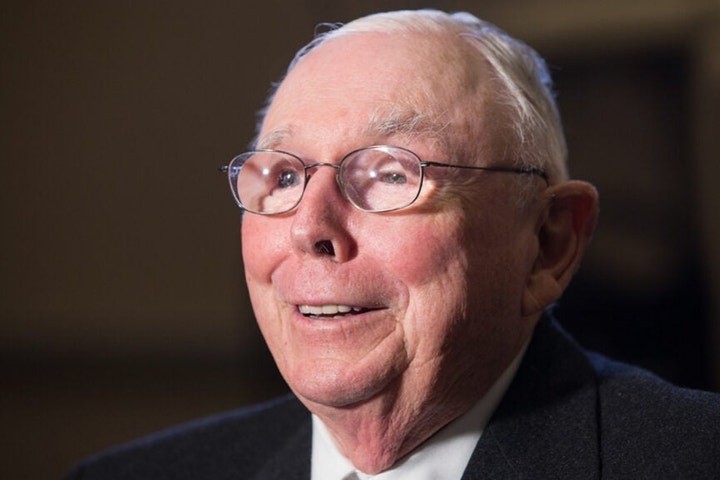Benzinga and Yahoo Finance LLC may earn commission or revenue on some items through the links below.
Social media puts concerns about Social Security—and fears from 20-somethings convinced they’ll never see a dime—front and center. But before TikTok turned retirement anxiety into trending content, people were already asking if the system was fundamentally flawed.
At the 2005 Berkshire Hathaway shareholder meeting, one attendee posed the blunt question to Warren Buffett and Charlie Munger: “Shall we call it the government-sponsored Ponzi scheme for retirees?” The same audience member asked what each would do about it if they were in the Oval Office—citing private accounts, retirement age increases, and tax tweaks as possible solutions.
Don’t Miss:
Buffett answered first. He called Social Security a transfer payment system, not insurance, and argued it was the responsibility of a wealthy nation to support people once they reached retirement age. He warned against reducing benefits, emphasized the widening inequality in tax burdens, and noted that the richest Americans, like himself, were often taxed at lower rates than their assistants. In his view, cutting Social Security while ignoring bigger fiscal issues was, frankly, nonsense.
Then Munger spoke—and it was his answer that stood out. Though he identified as the Republican at the table, Munger said he felt more strongly than Buffett that Republicans were “out of their minds” for trying to take on Social Security at all.
He explained that if the country continued growing—even modestly—it was entirely rational for a larger share of GDP to support an aging population. “It’s an exactly logical way to be spending money under different circumstances,” he said. If the government needed more money, he had no problem with consumption taxes or other measures to fund what he called a “very reasonable expenditure.”
Trending: Warren Buffett once said, “If you don’t find a way to make money while you sleep, you will work until you die.” Here’s how you can earn passive income with just $100.
Then he addressed Social Security directly. “Social Security is very successful. Apart from the disability element, which is relatively small, there’s practically no fraud. It’s hard to fake being dead,” he said. But it wasn’t just about fraud prevention—it was about incentives. “It’s a reward for work. All kinds of people are working in this country because they want to eventually qualify for Social Security, just as many people are doing dangerous military service because they want the pension that will come eventually.”
